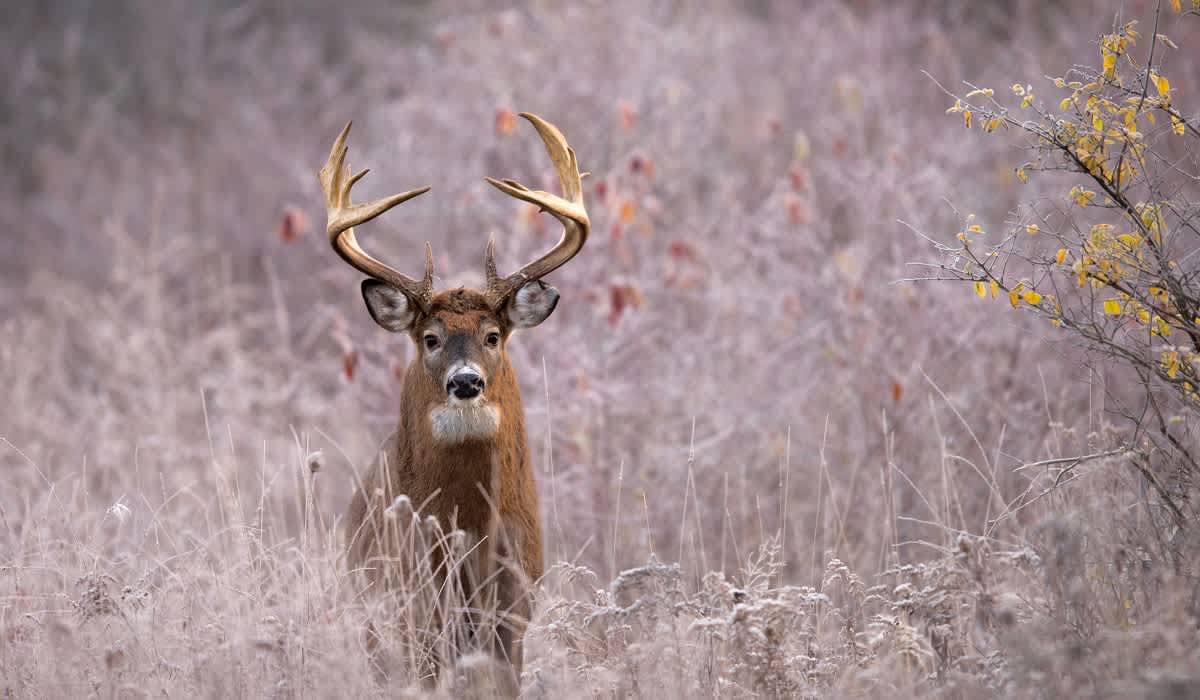Essential Gear Guide To Optimize Your Hunting Experience
OutdoorHub Staff 08.22.24

Sponsored Post brought to you by murdochs.com
Every hunt offers a distinct experience. As the seasons, wildlife, and conditions shift, so should your gear and preparations for each outing. But what are the indispensable items that remain constant? What should you always carry on a hunt? The specifics differ for each person, but this article will share what I pack 99% of the time, offering a guide to essential gear you might find useful.
Game Processing Kit
My Game Processing Kit includes:
High-Quality Game Bags: The size and model vary based on the hunt.
Fixed-Blade Knife + Sharpener: I prefer a strong fixed-blade knife with quality steel, like a prototype from Chris Reeve Knives. I use a DMT DiaFold Sharpener, which has carried me over 10 years.
Weapons and Ammunition: The weapon choice relies on the hunt. Whether it’s a rifle, shotgun, or bow, ensure proficiency and legality. Stock up on top-grade ammunition or arrows.=
Strong Cord + Figure 9: Extra cord is essential for hanging meat bags or securing animals. The Figure 9 Carabiner is useful for setting rope tension or replacing tricky knots.
Contractor Bag: Useful for keeping the pack’s load-shelf clean, serving as a ground cloth, emergency pack liner, or gear cover.
Gloves: Essential for protection.
CR2 Battery: I carry an extra battery for my rangefinders, ensuring I’m never caught with a dead one.
Bluetooth Camera Trigger: Handy for capturing memories without dealing with timers. It’s lightweight, inexpensive, and useful for taking photos.
Camouflage and Hunting Apparel
Head to any fashion rack, and you’ll see that camo is the new black. It’s everywhere. But despite the trends, a hunter doesn’t actually need camouflage to hunt. An experienced hunter could go into the woods in their birthday suit and still bag a nice buck. However, camo is useful. It disrupts your silhouette, helps you blend in, and—let’s be honest—looks pretty cool.
So, how do you pick camouflage that looks good and works well for you? Keep these four things in mind:
- Opt for lightweight yet high-quality options.
- Pick colors and patterns that match the season and terrain. (For instance, don’t wear desert camo for a high-mountain hunt.)
- Select layers, materials, and insulation based on the weather and the time of the hunting season (early, mid, or late). Personally, I prefer wool or merino wool for cool weather as a base layer, and cotton for warmth. For the mid-layer, cotton works well. For the outer layer, go with polyester, Cordura, or nylon. For the outer coat’s insulation, feather-filled down or super down provides excellent warmth.
Men’s Outdoor Hunting Footwear
While camo is optional, quality hunting boots are crucial. Ever trekked miles over rocky terrain or slogged through wet, knee-high grass in poor shoes? It’s miserable and causes blisters. For western hunters in mountainous areas, boots are the most critical clothing item. Consider these before purchasing:
- Support: Boot height is personal, but ankle support is crucial on rough terrain. Tall rubber boots are ideal for wet grass and treestands.
- Waterproof/Weatherproof: Boots should be waterproof, insulated for winter, and breathable for summer.
- Sole: Choose based on terrain—stiffer soles for mountains, flexible soles for woodland or treestand hunting.
First Aid & Repair Kit
My First Aid and Repair Kit includes:
Fire: A Bic Mini lighter, some tinder, and waterproof matches kept in a vacant Nuun Hydration canister.
Zip-Ties: Useful for countless purposes.
Tapes: Leukotape (for blisters and similar issues), Tenacious Tape (for patching up clothes, tents, sleeping pads, and other gear), Duct Tape (with many uses), and Electrical Tape (for covering your rifle muzzle and various other uses).
Chapstick: Primarily for your lips, but it also serves as a lubricant for bow strings, stubborn zippers, and more.
Colgate Wisps: Forget your toothbrush, toothpaste, floss, and toothpicks — these handy items cover all those needs.
Backup / Emergency Headlamp: Choose a magnificent backup headlamp. It will provide white light, a red light SOS strobe, and a built-in whistle, all in a small waterproof case.
Various Medical Supplies: Medications (pain relievers, antihistamines, anti-diarrheals, sleep aids, etc.), ointments (for burns, anti-bacterial purposes, etc.), bandages, gauze, tweezers, thermometer strips, wound closure strips, emergency trauma dressing, and QuickClot. I tailored my first aid kit to my specific needs, but if you prefer a pre-made option, I recommend checking out Adventure Medical Kits.

